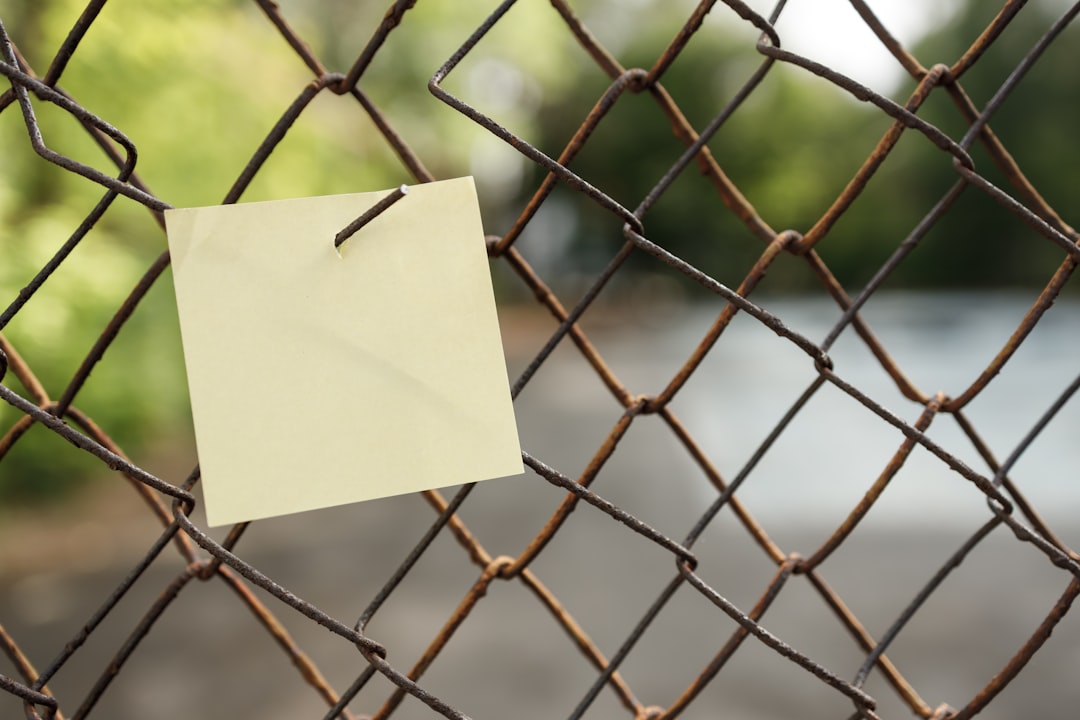Suffering and Loneliness

Unique in manic depression is the suffering experienced by the afflicted during a difficult episode. Oh, plenty of doctors and poets and newsletter writers have described the specifics and the nuance of mania and depression, but rarely do they get it just right for the person in the midst of an episode.
I’ve read many books on bipolar disorder and they’re full of case studies. None of the descriptions feel the way I feel when my mind breaks. So I wrote a couple books of my own. They’re part self-help, part memoir. My daughter asked me why I write so much about myself and I could only tell her that’s all I know. I believe, and readers and students have told me, the self-help methods included in the books work for most anyone who applies them. But when I describe the guilt I felt as my father got sick and almost died after I attempted suicide, and, in great detail, how that nearly destroyed me yet again, that’s not a universal experience.
No experience is. We’re all unique and so is our suffering. All we can do is be present for the sufferer and listen. Once we assume we know how they feel, or once we assure them that things aren’t that bad and they will get better, we lose them. And we lose their trust. And the bipolar disorder digs in a little deeper.
My wife and my doctor are masters of holding that trust, because they’re honest. My doctor sets me straight when my ideas are truly crazy, and lets me know when he’s perplexed and we need to consider other points of view, or other medicines. My wife knows just when to hold me, and just when to call me out on the suffering I’m causing others, especially her and my daughter. She stays with me and supports me in anyway possible. But it’s not always possible, so she lets me know when I’m out of line and when, even in the worst of my illness, I need to take responsibility for the suffering that my suffering is causing.
Simply put, to suffer is to be lonely. When you cause suffering you drive people away, into themselves. And when you suffer no one can say or do anything to assuage the loneliness. Oh, they can make you feel less lonely, but they can’t bring you back all the way. Every faith tradition people follow and believe describes great suffering and how to prevent it. And for every practitioner, at some point in their life, every one fails.
I wrote about Buddhism in my last newsletter. It’s all about preventing suffering. But allow me some time for Christianity. The night before Christ was to suffer on the cross He prayed in the garden of Gethsemane for God to call the whole thing off and find some other way to complete His mission. God didn’t respond. Christ’s suffering began in loneliness. The apostles slept and the Father had absolutely nothing to say.
There must be some worth in suffering and the loneliness it makes us feel. Maybe it’s that it’s the one thing that truly joins us. The thing that, no matter where we come from, what influence or wealth we do or don’t have, or what our futures promise, we all know. I’m not about to be a killjoy and diminish happiness. I feel plenty of that. But that doesn’t have a diagnosis and that, as news or as art, isn’t very interesting.
I had to get a blood test last week. When I arrived at the lab the prescription was wrong and I had to leave to get it re-written and come back. At the same time a man in the lobby demanded a mask and ice for the water from the fountain, bumped into the wall and cursed the techs for not helping him. They called 911. I went out and sat in my car and cried.
You may think that nothing good comes from suffering, but perhaps all good comes from suffering. Hope comes from suffering, and so does love. Maybe when we suffer we’re not lonely after all. We’re part of humanity – wanting, growing, working things out, motivated to get better. Maybe we do, but surely we’ll suffer again. That’s not pessimism, that’s our shared reality. That’s when we hold hands. That’s when we have the opportunity to triumph, or fail, or just get by. That’s when we’re at one with all others who suffer. And that’s everybody.
Please consider purchasing, and reviewing, my books Practicing Mental Illness and Handling Anxiety in a Time of Crisis. Your reviews help authors sell more books.


George- this is so true. When I am suffering and choose to share it with my husband and children they truly come together to help me ( I knew there was a reason I had so many kids!) I feel seen at those times and understood. Being willing to admit and share the suffering is the problem for me. I still want to be strong for them- all the while I found out they want to be strong for me.
I hope it helps to know that you are loved.